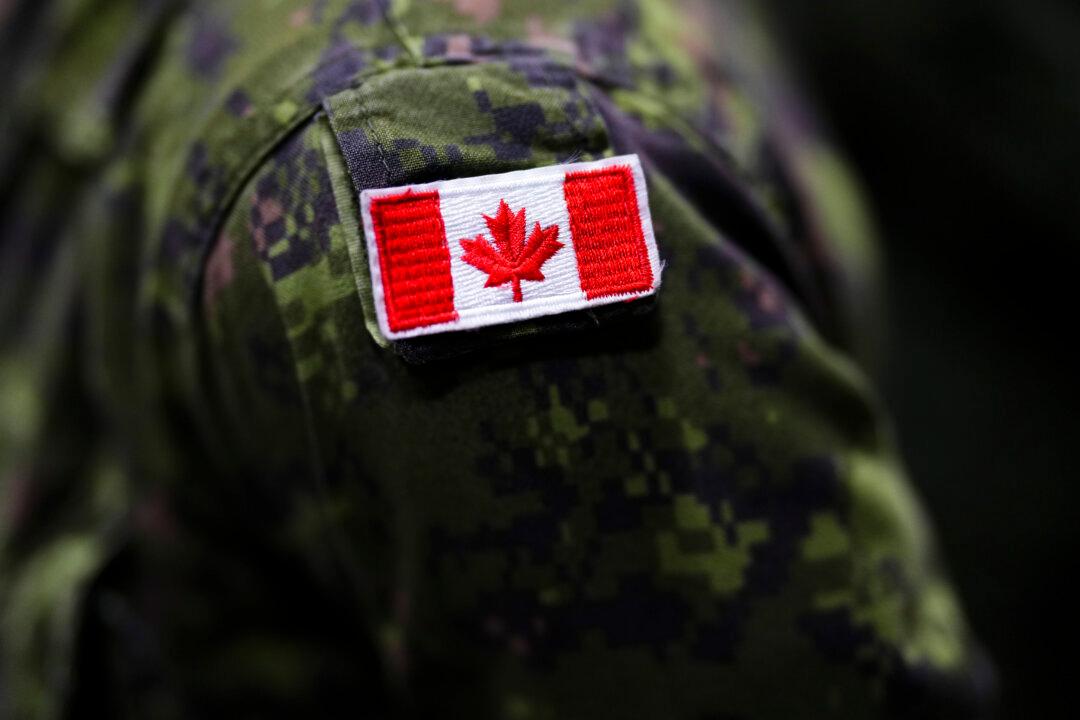OTTAWA—This week, NDP Leader Thomas Mulcair was forced again to revisit talks he had with the Conservatives in 2007 about coming on board as an adviser to the government on environmental issues.
He said on June 30 that he walked away from the offer because the government made it clear they weren’t going to respect Canada’s international environmental obligations, though he’s also being accused of stepping away because the salary was too low.
But in contemporary Canadian politics, many politicians have seen their allegiances change; before his talks with the Tories, Mulcair was a Quebec Liberal. Here are some other prominent politicians who’ve switched their political colours over time for what, they argued, were philosophical reasons.
Stephen Harper
According to several biographies of the current Conservative prime minister, when he was in high school in the 1970s, he ran in Liberal circles. The prime minister of the time was Pierre Trudeau, and Harper was recruited by one of his classmates to join his high school Liberal club.
But soon after graduation, Harper moved west and as the story goes, lost respect for the elder Trudeau over the implementation of the national energy program, and so began his long road to leader of the Conservative party.
Bob Rae
Trudeau also prompted Rae to get involved in politics, where he got his first taste of the life by volunteering for the Liberals.
After returning from studying in England, he joined the New Democrats, eventually being elected as an NDP MP before leaving Ottawa to lead the provincial NDP and becoming premier of Ontario.




